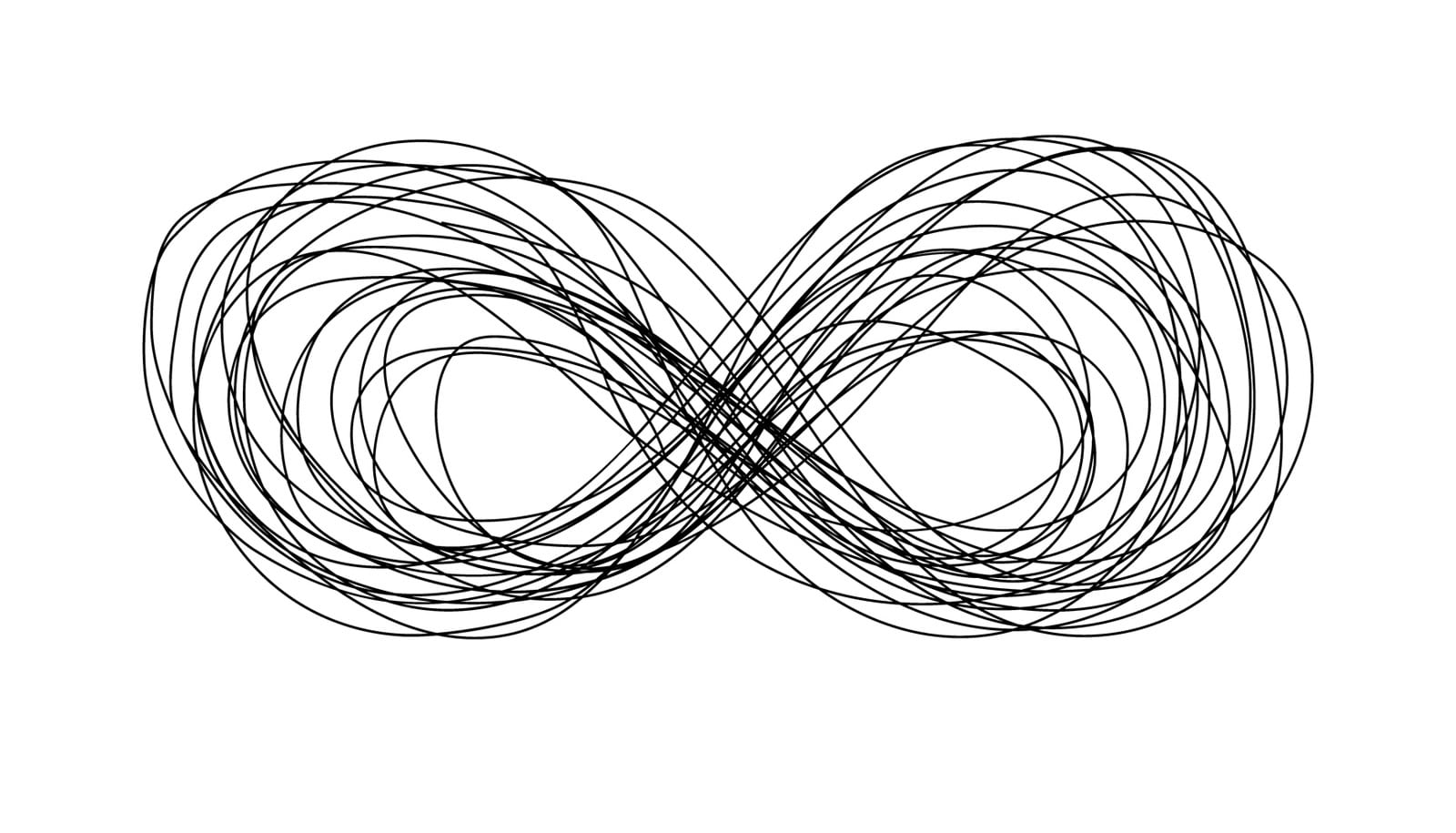Contaminating a fake rubber hand could help people overcome OCD, study suggests
The famous, but bizarre, ‘rubber hand illusion’ could help people who suffer from obsessive compulsive disorder overcome their condition without the often unbearable stress of exposure therapy, suggests new research.
Jan. 9, 2020 • ~9 min





